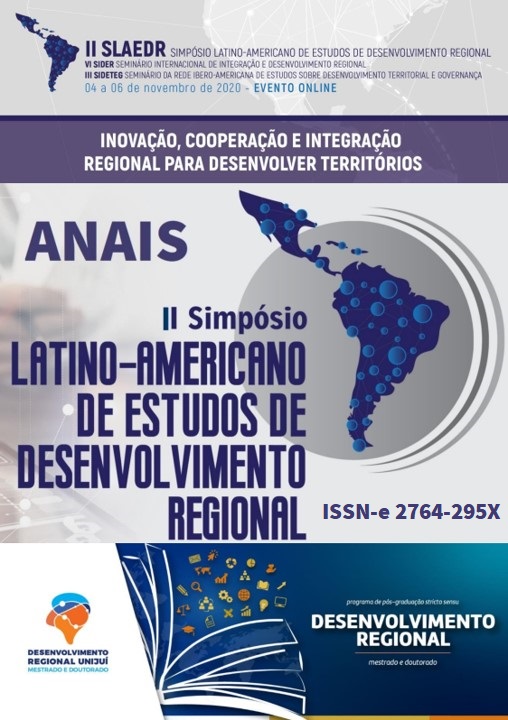STRONG SOCIAL TIES IN EUROPEAN COAL REGIONS AND THE CHALLENGES OF INNOVATION IN PLANNING
Keywords:
Productive conversion, Coal regions, Regional development, PlanningAbstract
Since 2015, the Paris Climate Agreement promotes energy transition in the European Union. It has been decided to close coal mines and electric plants until 2038. The European Commission estimates loss of 160 thousand direct jobs in 41 micro-regions, a potential economic disaster. European regional development funds are fostering innovation projects in the productive planning of coal regions. This work synthesizes the first data of ongoing research that aims to map the reactions of the actors affected by the decision-making processes until now mainly conducted at the national and supranational levels. It uses a framework proposed by the geographer Gernot Grabher, who identified the relevance of strong social ties in the formation of the Ruhr Valley regional economy, to interpret the traditional low capacity for innovation in the coal regions. Based on the growing specialized bibliography, this work briefly describes three cases of European coal regions in which strong ties that permeate workers' representations and local political alliances exemplify the challenge for subnational institutions to renew territorial planning. Carbon regions maintain a tradition of unionizing workers, experience in collective protests and violent demonstrations in the struggle with security forces. The strong ties between l ocal actors make the planned transition, until 2038, a more than complex problem, what can be described as an archipelago of laboratories for innovation in territorial planning.



